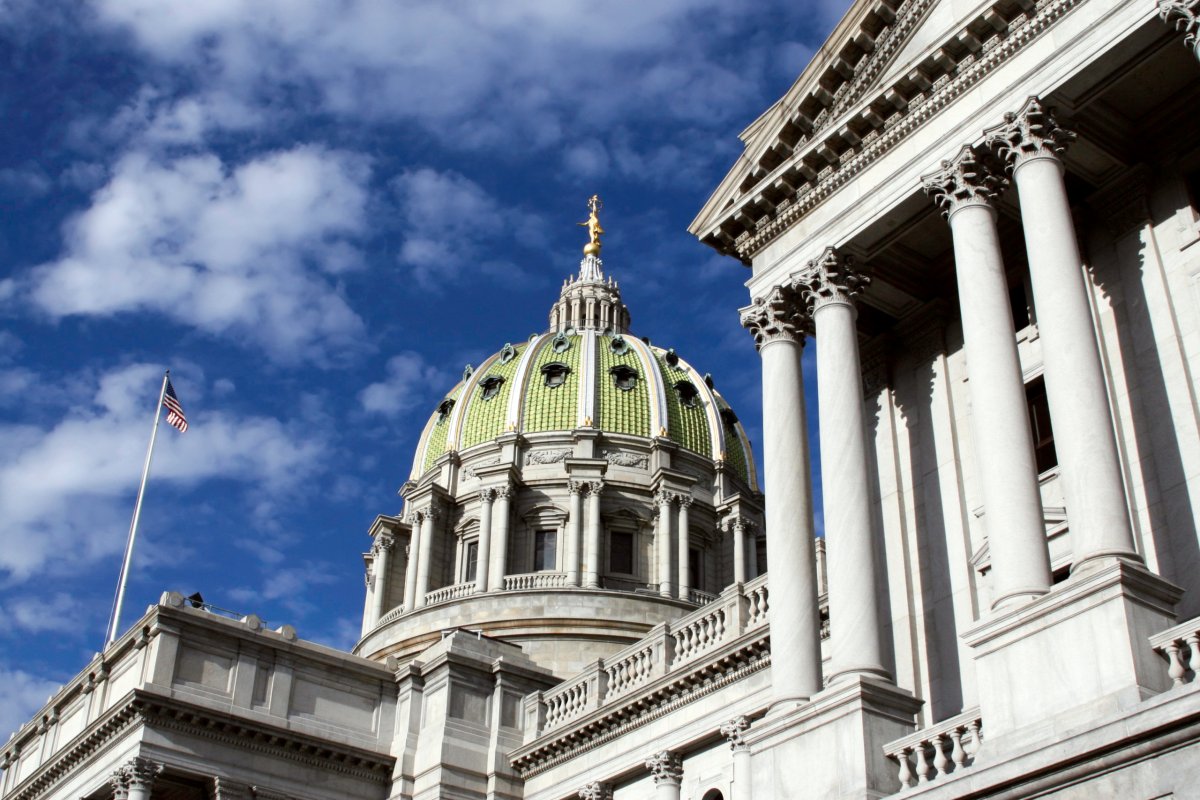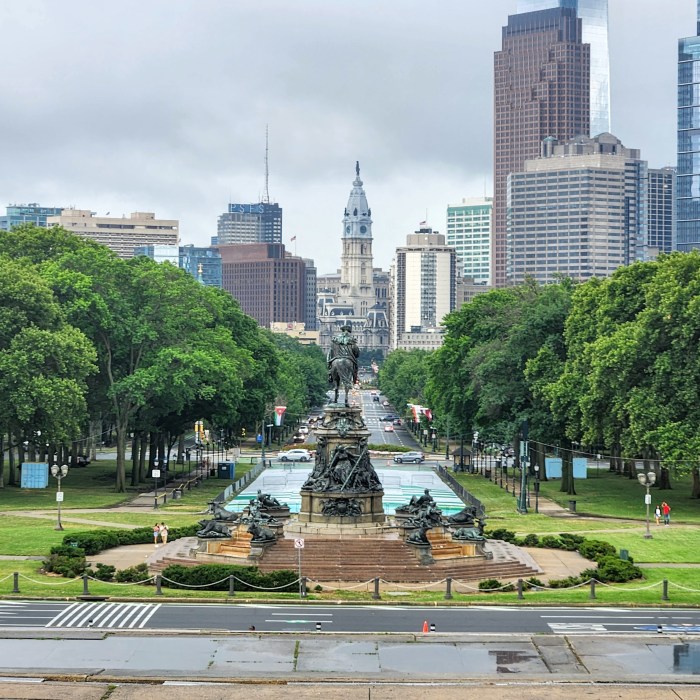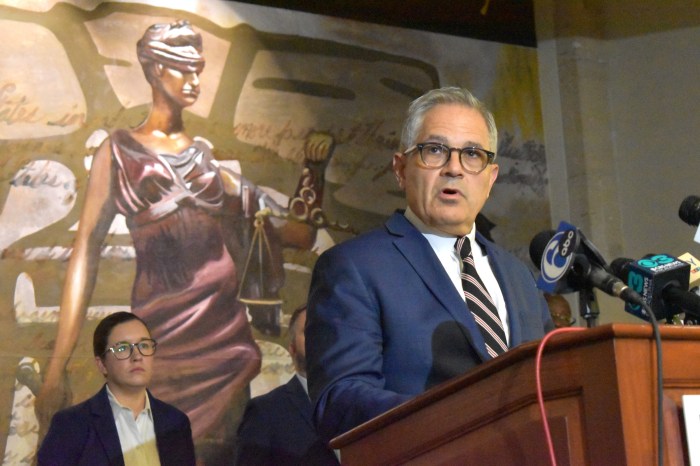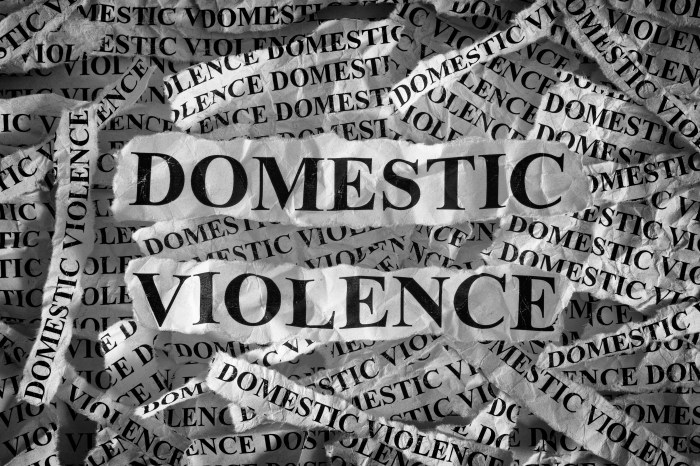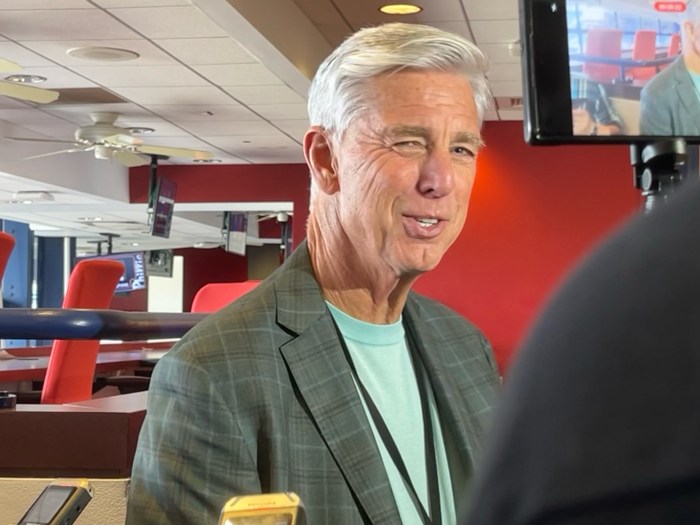By MARC LEVY Associated Press
The Pennsylvania state Senate on Tuesday approved legislation aimed at helping the nation’s No. 2 natural gas-producing state attract carbon capture projects and enable federally-funded hydrogen hubs, but critics say the bill lacks important safeguards.
The Republican-penned bill lays out a framework for how Pennsylvania would regulate underground wells that store carbon dioxide, a critical component of carbon capture and removal technology that supporters envision as a way to slow climate change.
It passed 30-20, drawing a blend of support and opposition from Republicans and Democrats. It next goes to the Democratic-controlled House of Representatives.
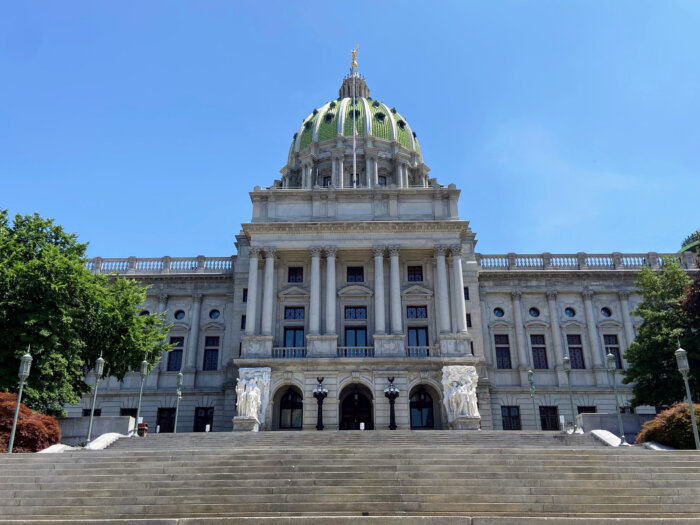
Backers say attracting carbon capture projects to Pennsylvania will be an integral part of building out two hydrogen hubs recently awarded by the Biden administration. One project involves energy-producing sites in southwestern Pennsylvania and the other is based around sites in the Philadelphia region.
“This is a proactive step to secure Pennsylvania’s future as a hub for carbon capture and sequestration,” the bill’s sponsor, Republican Sen. Gene Yaw, of Lycoming County, told colleagues during floor debate. “It is a pragmatic solution to a problem we all want to solve: reducing our carbon emissions without crippling the reliability of our electric grid.”
The two hydrogen hubs are part of a $7 billion federal program designed to kickstart development and production of hydrogen fuel, a key component of President Joe Biden’s agenda to slow climate change by replacing fossil fuels with a cleaner fuel.
Greenhouse gases captured from coal or gas-powered plants can be transported for injection in wells deep underground. Energy from those plants could be needed to provide the power to make hydrogen, and carbon capture is part of their plan to make it more climate friendly.
Yaw said a previous state study found that Pennsylvania could store about 2.4 billion metric tons of carbon dioxide underground, or about the amount of carbon dioxide emitted annually by 500 million gas-powered vehicles.
However, opponents said the bill lacks protections to ensure companies are liable for leaks or water contamination, landowners aren’t forced into contracts with well operators and the state has adequate staff to enforce regulations. They also warned that carbon capture wells will spawn pipelines across the state, potentially disrupting populated communities.
Skeptics have also said carbon capture has been oversold as a climate change solution and merely will extend the life of a fossil fuel industry that burns oil, coal and natural gas.
“We have talked about how climate solutions are needed, but capturing carbon cannot be the centerpiece of any serious climate plan,” said Democratic Sen. Katie Muth, of Montgomery County, during floor debate.
Democratic Gov. Josh Shapiro’s administration has signaled that it wants to apply to the U.S. Environmental Protection Agency to take over issuing permits for wells that store carbon. On Tuesday, Shapiro’s office said the administration is “actively engaged” with the EPA on the application process.
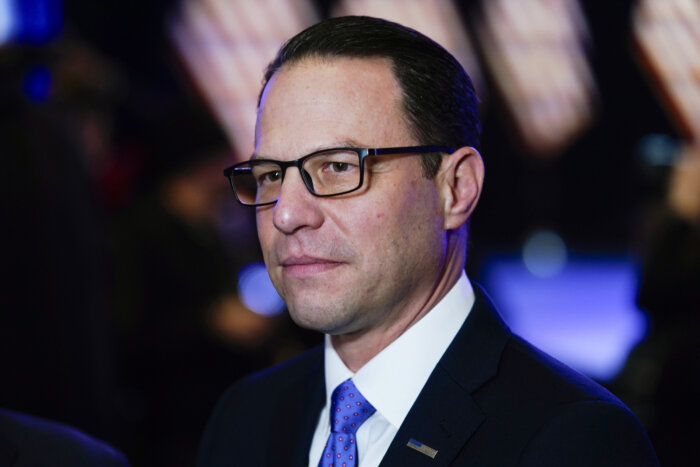
The EPA is responsible for permitting carbon storage wells in all but three states. Proponents of states taking over permitting say it will speed up approvals of new projects that are critical for reducing greenhouse gas emissions.
The Biden administration has increased tax breaks for developers of carbon capture projects and provided large grants.
Developers have responded, flooding the EPA with permit applications for new wells, but only a handful of carbon capture projects are currently operating and few wells have been approved so far.



